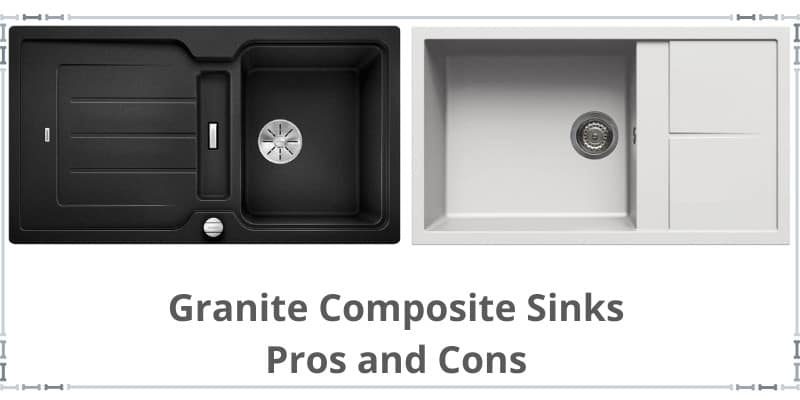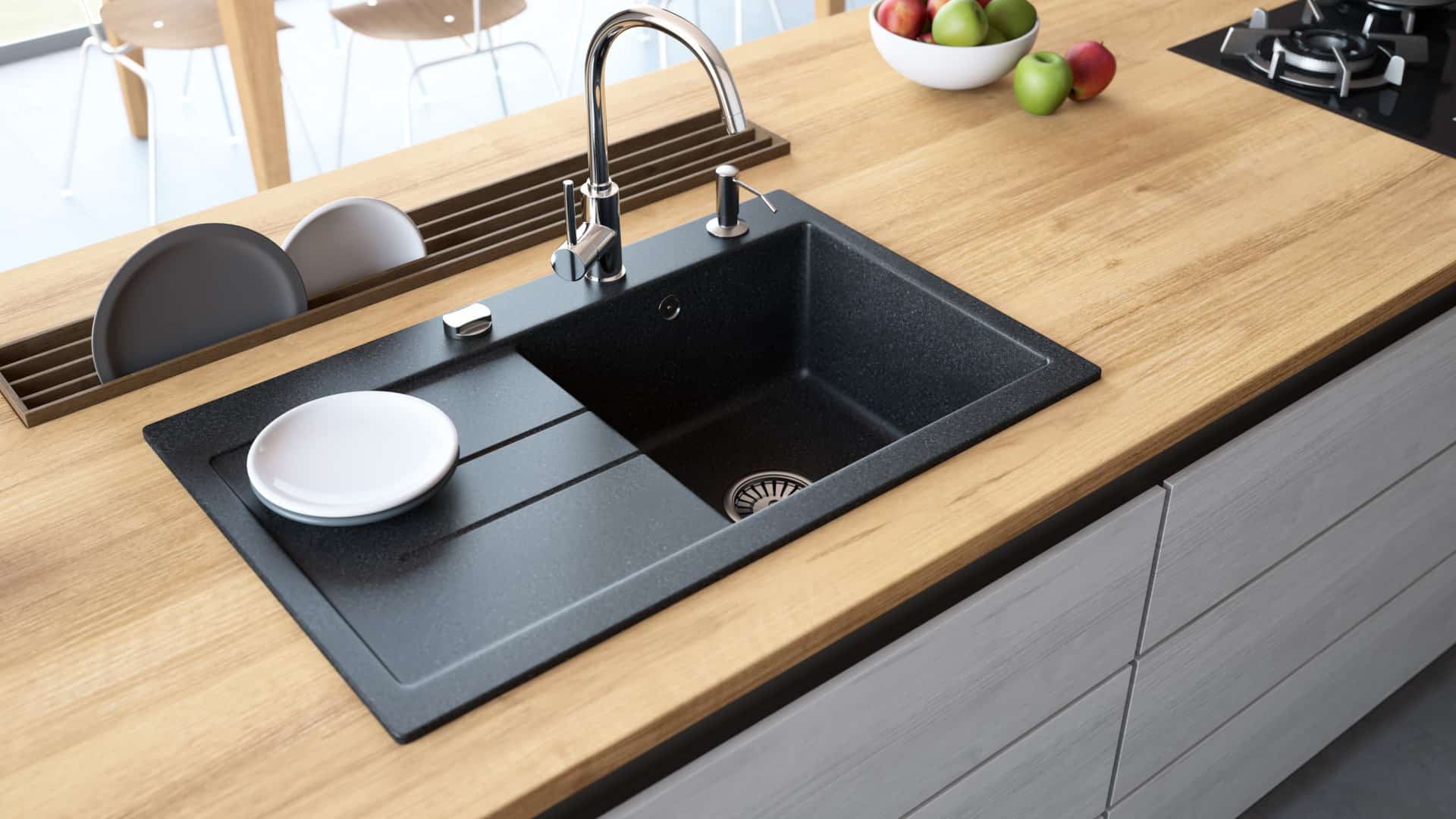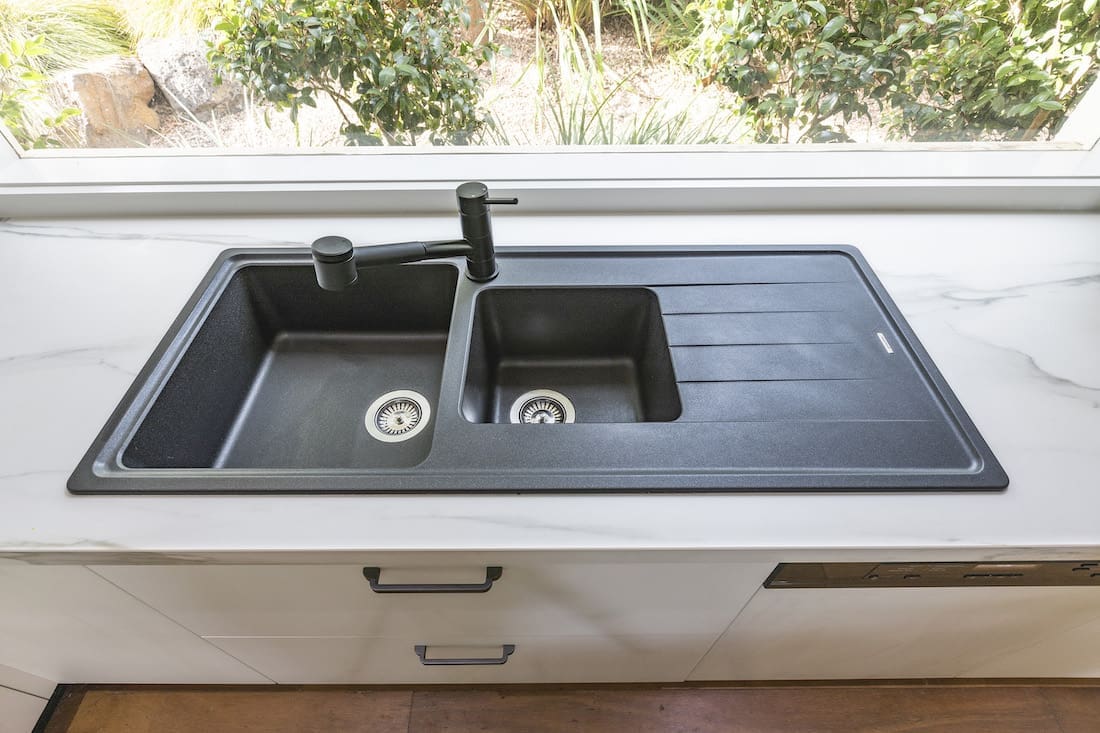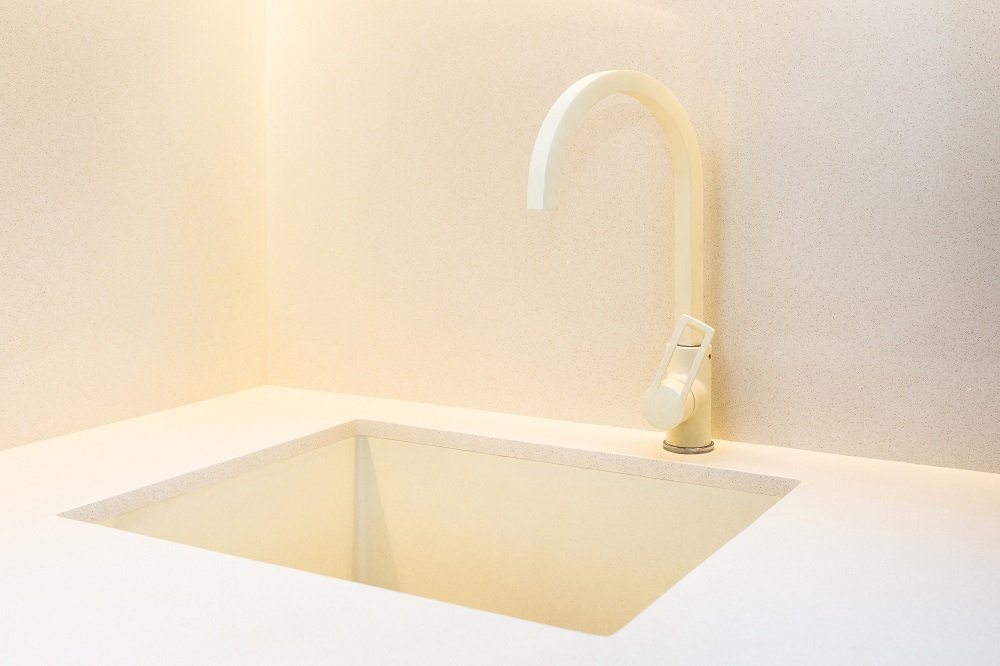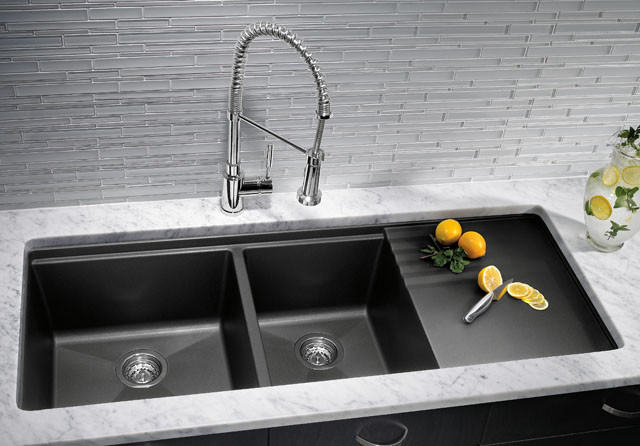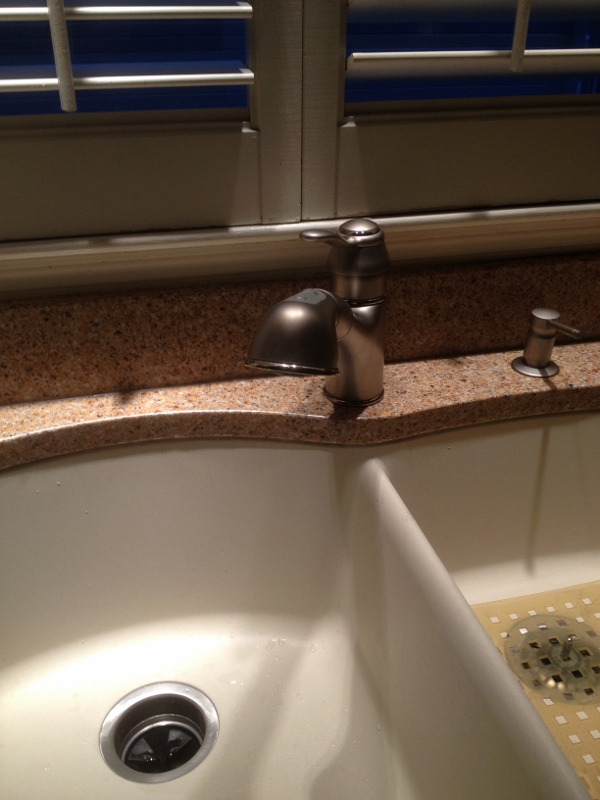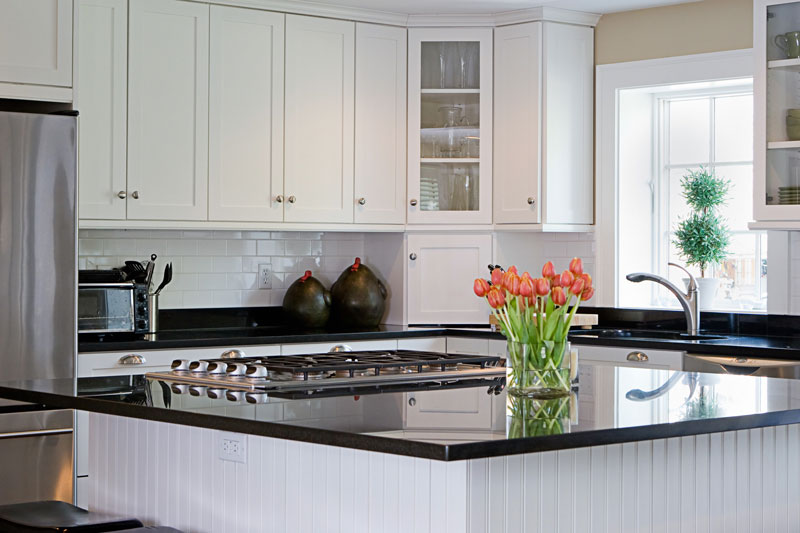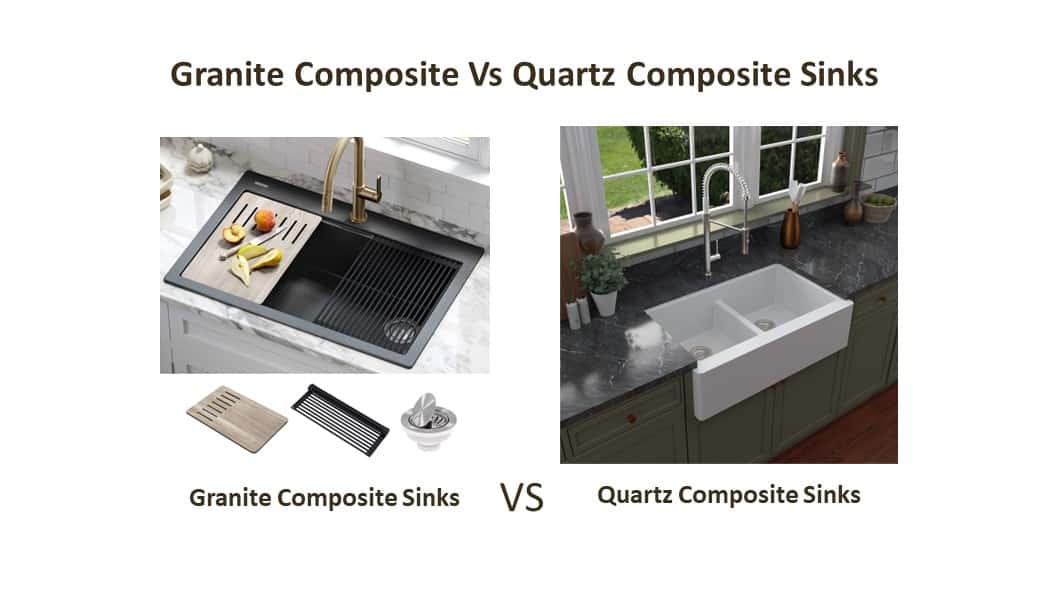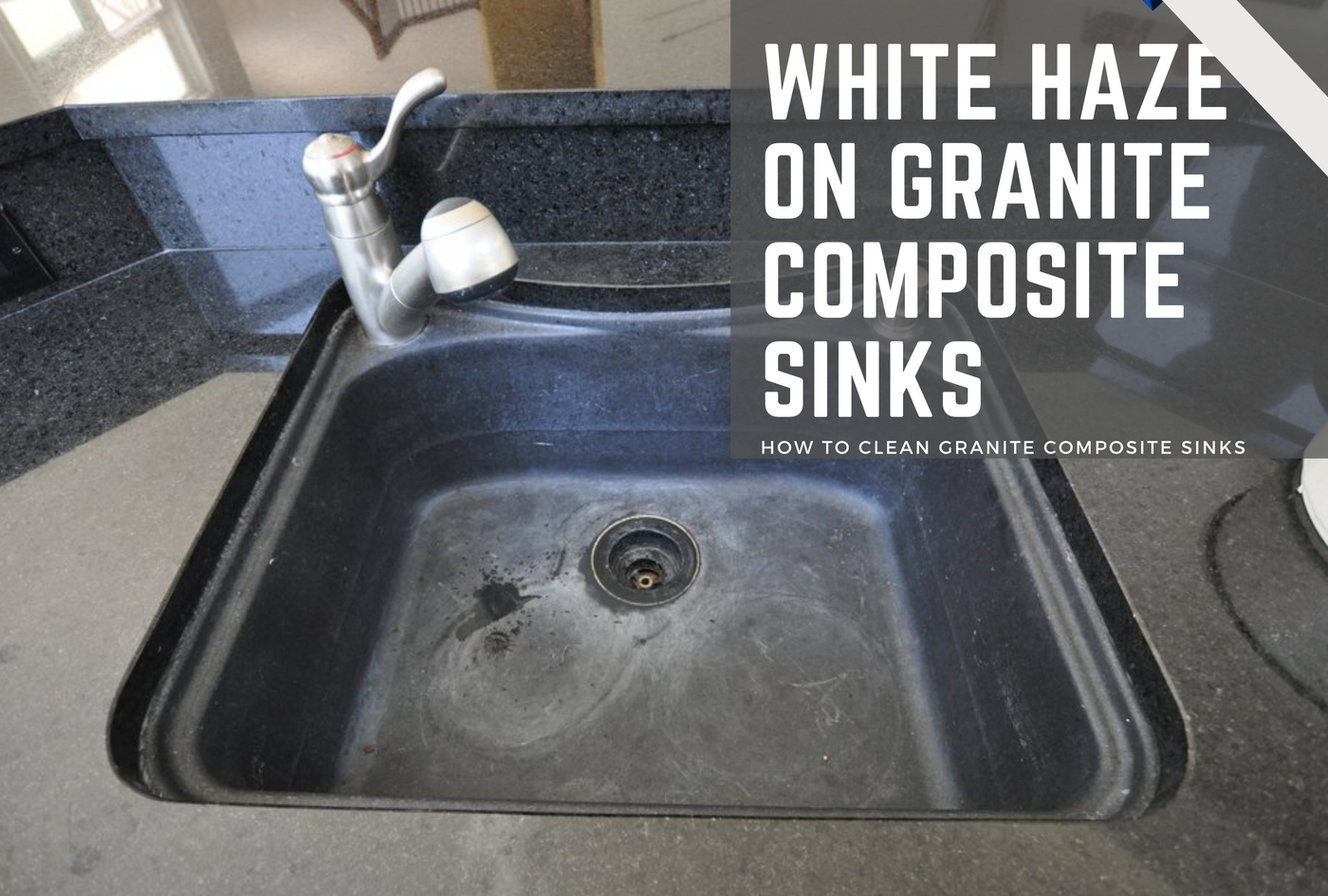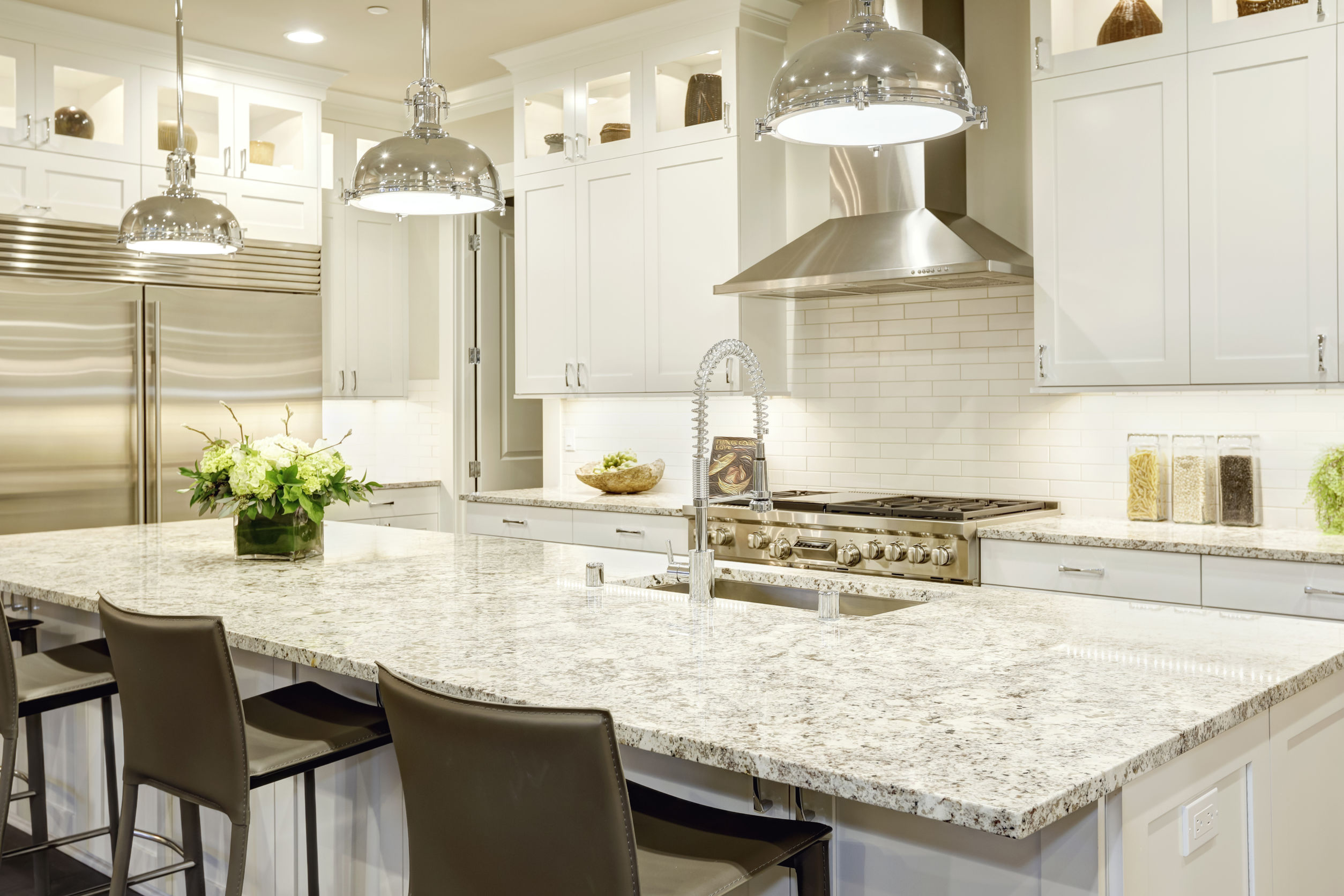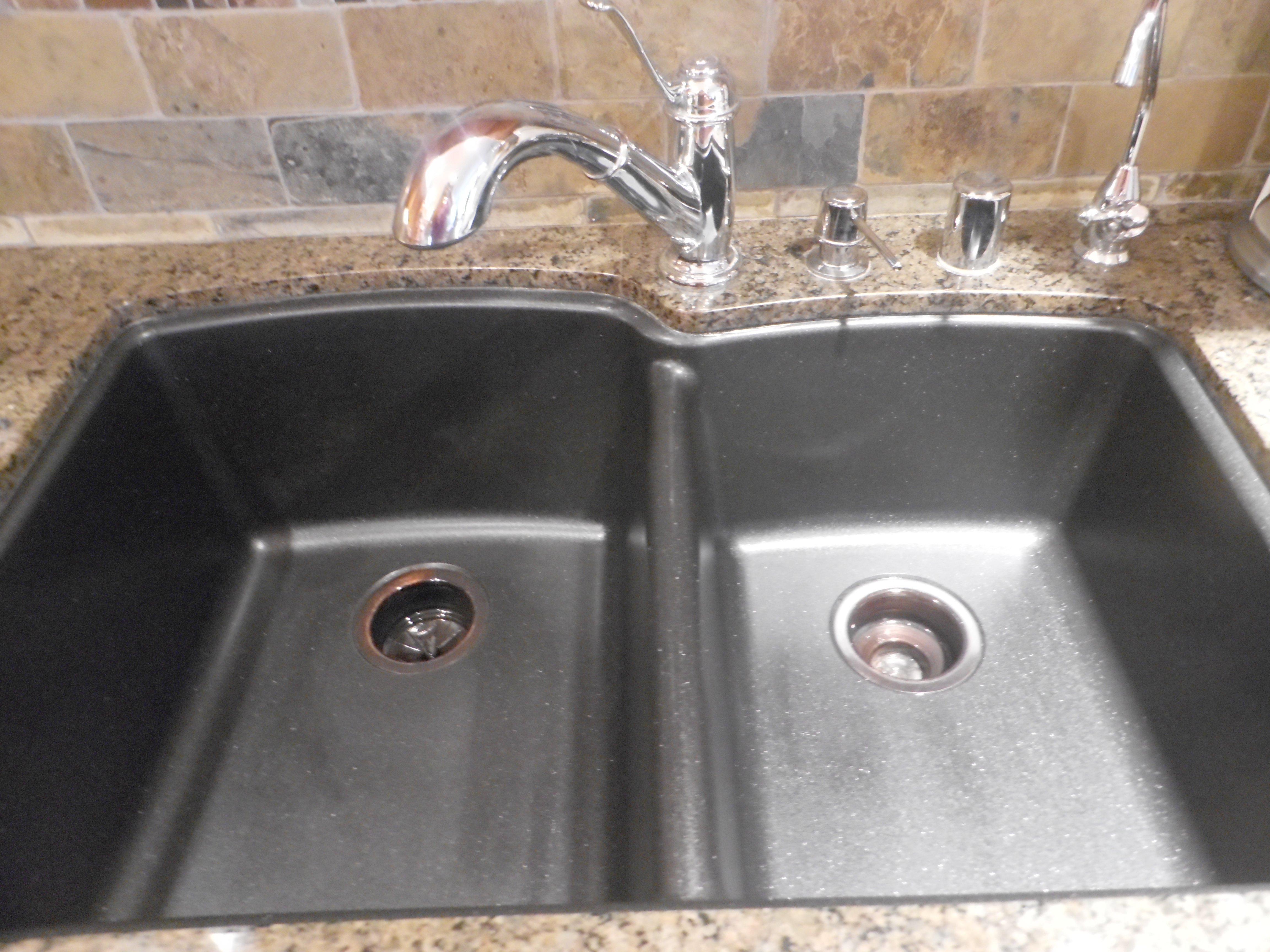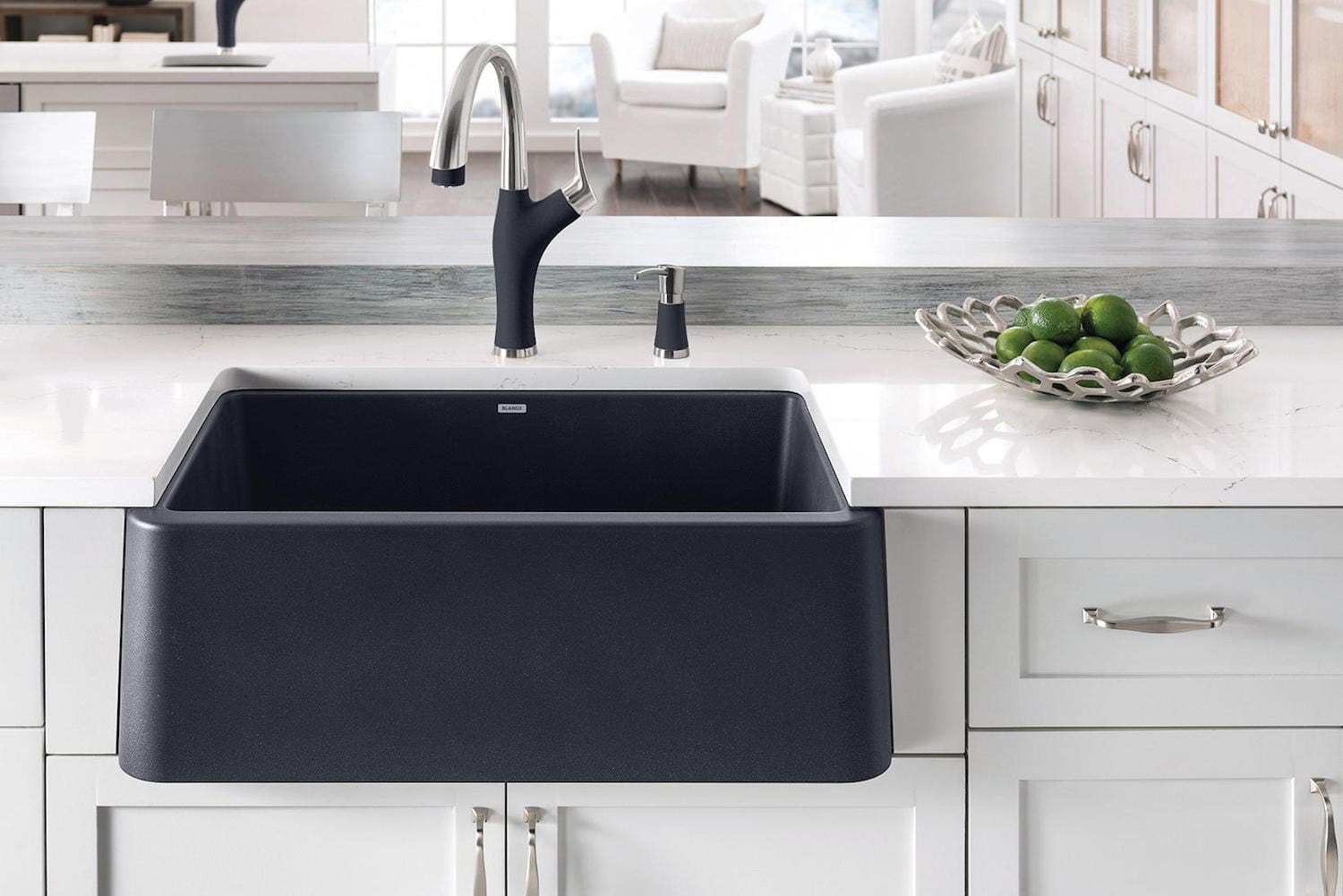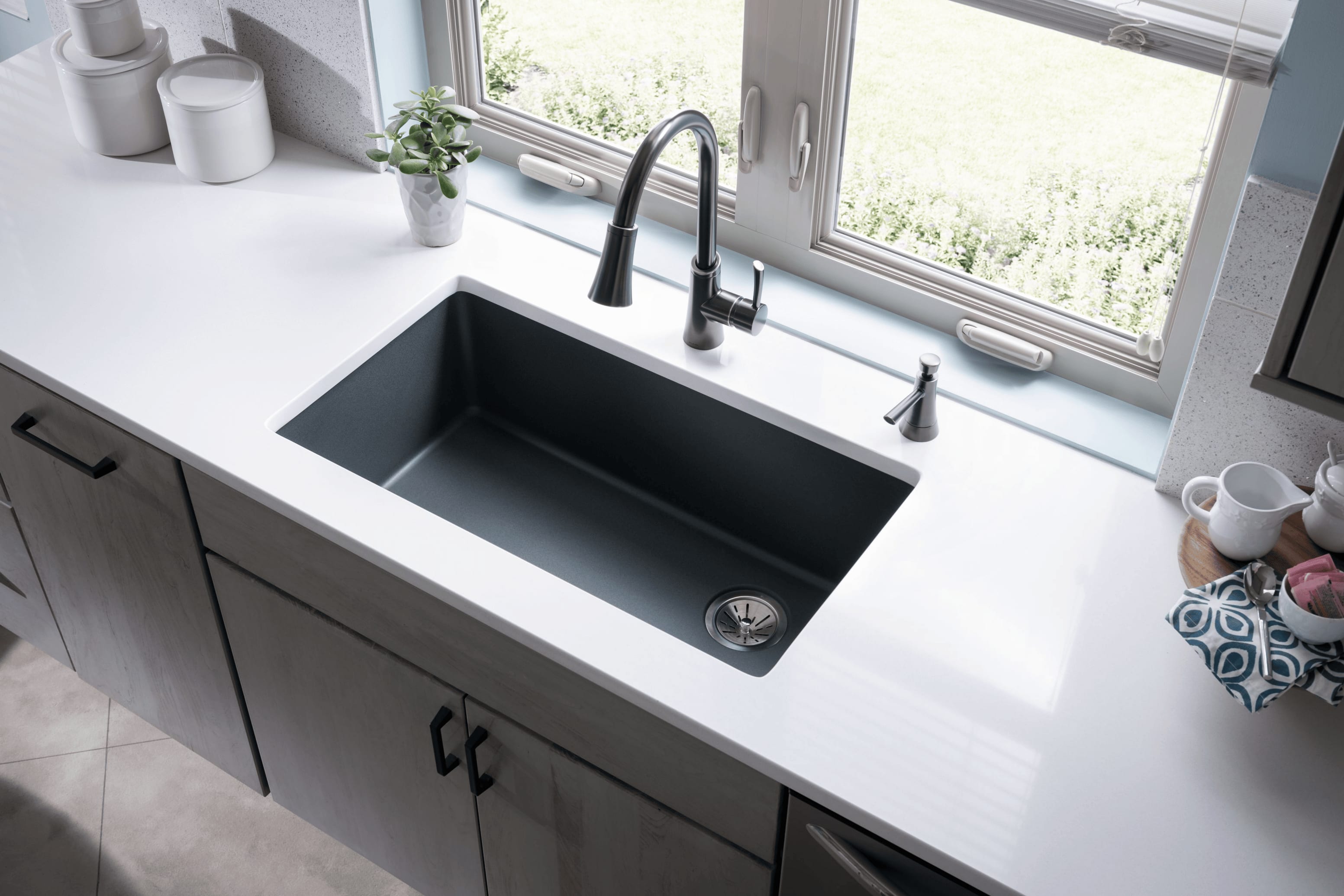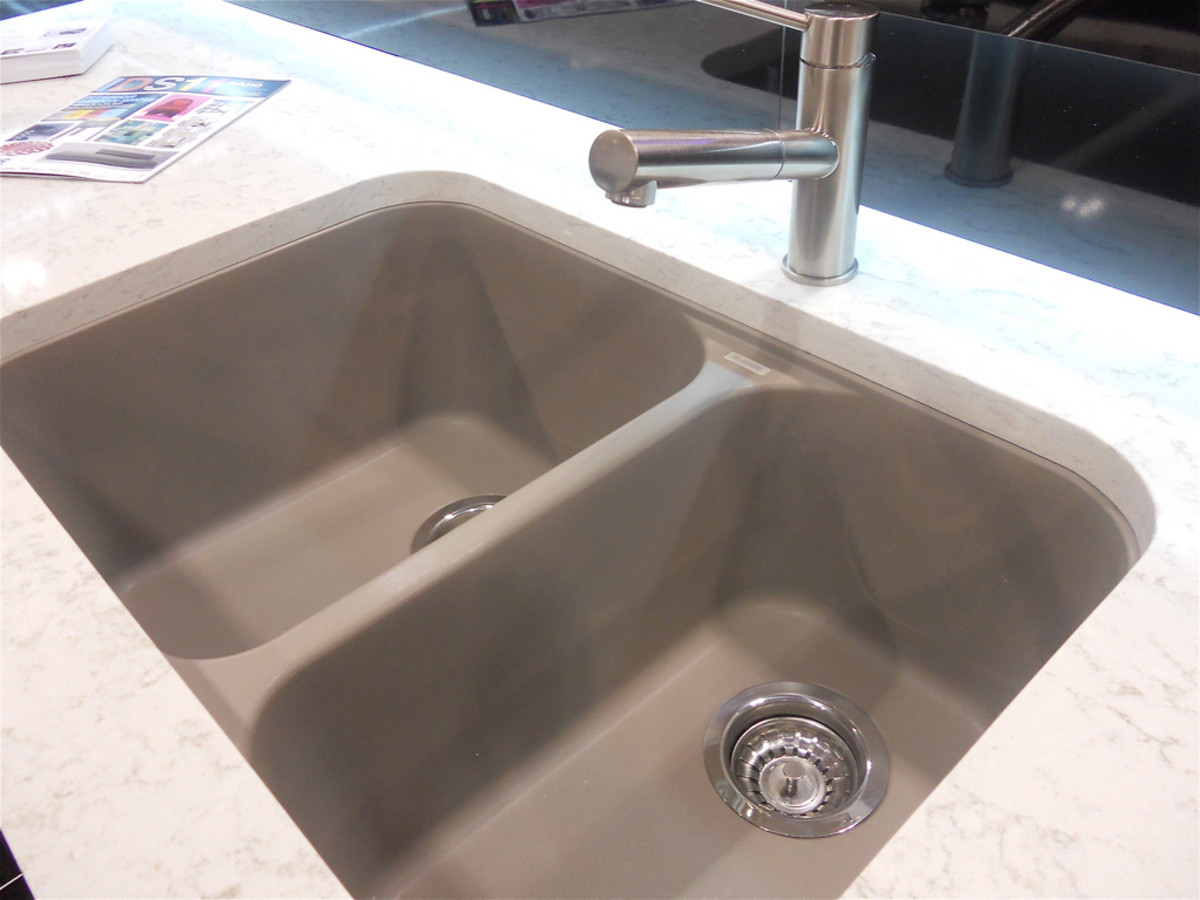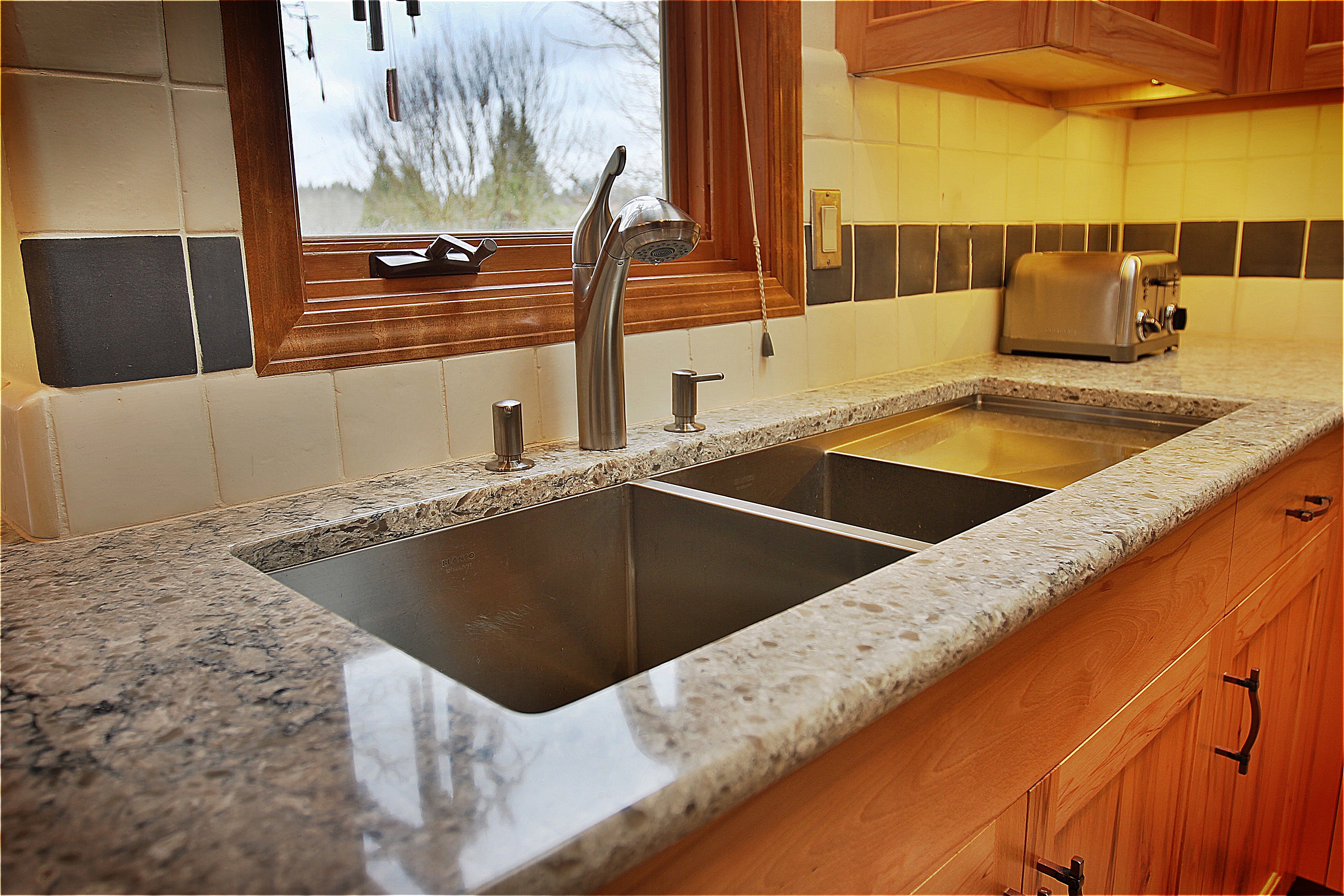When it comes to kitchen sinks, the two most popular materials on the market are granite and quartz composite. While both offer durability and style, there are some key differences between the two that are important to consider when choosing the right sink for your kitchen. Granite sinks are made from natural stone, while quartz composite sinks are a man-made blend of quartz and resin. This difference in materials can affect the overall performance and maintenance of the sink. Let's take a closer look at how these two materials stack up against each other.Granite vs. Quartz Composite Kitchen Sinks: What's the Difference?
One of the biggest differences between granite and quartz composite sinks is their level of durability. Granite is a naturally dense and strong material, making it resistant to scratches, stains, and heat. On the other hand, quartz composite is less porous than granite, making it more resistant to stains and scratches, but not as resistant to heat. When it comes to maintenance, granite sinks require regular sealing to prevent staining and bacteria growth. Quartz composite sinks, on the other hand, are non-porous and do not require sealing, making them easier to maintain.Comparing Granite and Quartz Composite Kitchen Sinks
When deciding between granite and quartz composite for your kitchen sink, it ultimately comes down to personal preference and the specific needs of your household. If you frequently use hot pots and pans in the sink, granite may be the better choice due to its heat-resistant properties. However, if you prefer a sink that is low-maintenance and more resistant to stains, quartz composite could be the better option. It's also important to consider the overall aesthetic of your kitchen when choosing between these two materials. Granite sinks offer a more natural and unique look, with variations in color and pattern, while quartz composite sinks offer a more uniform and modern appearance.Granite vs. Quartz Composite: Which is Better for Your Kitchen Sink?
Like any material, both granite and quartz composite have their own set of pros and cons when it comes to kitchen sinks. Here are some key factors to consider:Pros and Cons of Granite and Quartz Composite Kitchen Sinks
When it comes down to it, the choice between granite and quartz composite for your kitchen sink will depend on your priorities and preferences. If you value durability and heat resistance, granite may be the better option. If low-maintenance and stain resistance are top priorities, quartz composite could be the way to go. It's also important to consider the overall design and style of your kitchen. A granite sink can add a unique and natural touch, while a quartz composite sink can provide a more modern and uniform look.Choosing the Right Material for Your Kitchen Sink: Granite vs. Quartz Composite
Both granite and quartz composite are known for their durability, but they do have their own strengths and weaknesses. Granite is highly resistant to scratches, stains, and heat, making it a great option for heavy use in the kitchen. However, it may be more prone to chipping or cracking compared to quartz composite. Quartz composite, on the other hand, is highly resistant to stains and less prone to chipping or cracking. However, it may not be as heat-resistant as granite, so it's important to use caution with hot pots and pans in the sink.Granite vs. Quartz Composite: Which is More Durable for a Kitchen Sink?
Maintaining and caring for your kitchen sink is an important factor to consider when choosing between granite and quartz composite. Granite sinks require regular sealing to prevent staining and bacteria growth, while quartz composite sinks do not require sealing at all. Both types of sinks can be cleaned with a mild soap and water, but it's important to avoid harsh chemicals or scrubbing too aggressively, as this can damage the surface of the sink.Maintenance and Care for Granite and Quartz Composite Kitchen Sinks
Another important factor to consider is the cost of these two materials. Granite sinks are generally more expensive than quartz composite, due to the natural stone material and the need for regular sealing. However, the cost can vary depending on the specific type of granite or quartz composite used. If budget is a concern, it may be worth considering a quartz composite sink, which can offer similar durability and style at a lower cost.Cost Comparison: Granite vs. Quartz Composite Kitchen Sinks
When it comes to design and style, both granite and quartz composite offer a range of options to choose from. Granite sinks come in a variety of colors and patterns, making each one unique. Quartz composite sinks, on the other hand, offer a more uniform and modern look, with a range of colors and finishes to choose from. It's important to consider the overall design and aesthetic of your kitchen when selecting a sink material, as it can greatly impact the overall look and feel of the space.Design Options for Granite and Quartz Composite Kitchen Sinks
The installation process for both granite and quartz composite sinks is similar, as they are both typically undermount sinks. This means they are installed underneath the countertop for a seamless and clean look. However, it's important to hire a professional for the installation process, as both materials can be heavy and require special tools and techniques for proper installation.Installation Process for Granite and Quartz Composite Kitchen Sinks
The Benefits of Choosing a Quartz Composite Kitchen Sink
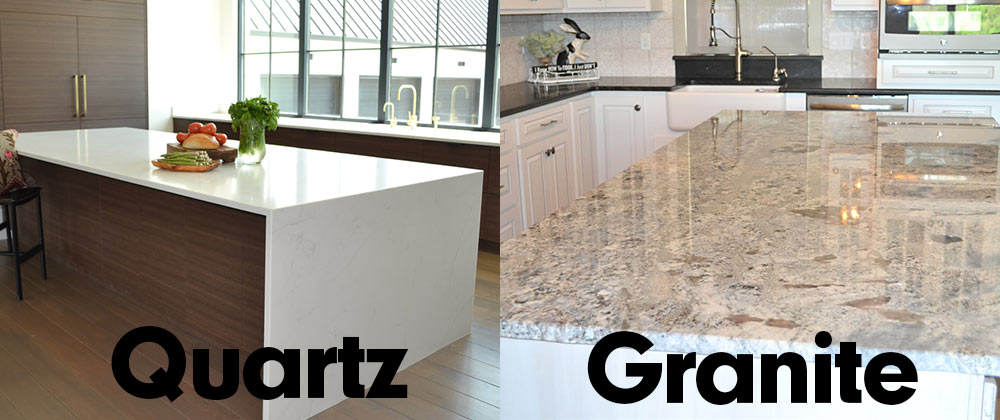
Enhanced Durability
:max_bytes(150000):strip_icc()/quartz-vs-granite-countertops-1822078_granite_detail-15816e1dfbcf4b2497fa1fd79d621067.jpg) When it comes to choosing a kitchen sink, durability is a key factor to consider. After all, the sink is one of the most heavily used fixtures in any kitchen. This is where quartz composite sinks shine.
Quartz composite is made up of 80% natural quartz stone and 20% acrylic resin, making it extremely durable and resistant to scratches and stains.
Unlike granite sinks, which can be prone to chipping and cracking, quartz composite sinks have a higher tolerance for impact and are less likely to break. This makes them a practical and long-lasting choice for any busy kitchen.
When it comes to choosing a kitchen sink, durability is a key factor to consider. After all, the sink is one of the most heavily used fixtures in any kitchen. This is where quartz composite sinks shine.
Quartz composite is made up of 80% natural quartz stone and 20% acrylic resin, making it extremely durable and resistant to scratches and stains.
Unlike granite sinks, which can be prone to chipping and cracking, quartz composite sinks have a higher tolerance for impact and are less likely to break. This makes them a practical and long-lasting choice for any busy kitchen.
Low Maintenance
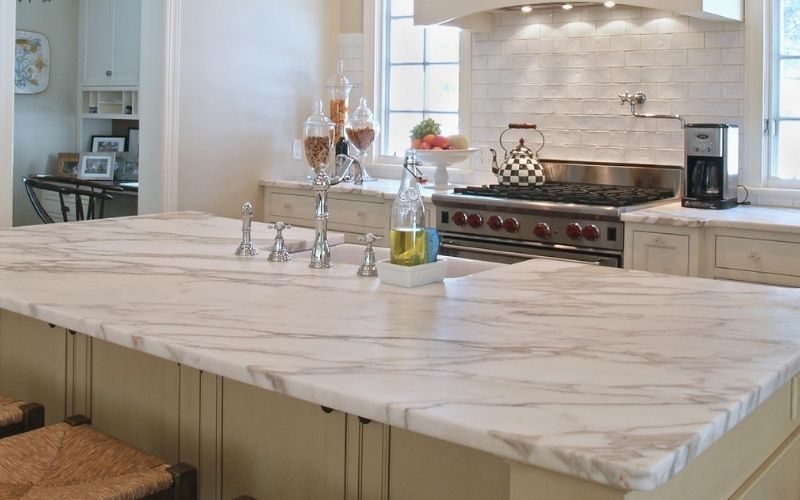 In addition to their durability, quartz composite sinks are also low maintenance.
Thanks to their non-porous surface, they are resistant to bacteria, mold, and mildew, making them an ideal choice for a hygienic kitchen.
They are also easy to clean and maintain, as they do not require any special cleaning products or techniques. Simply wipe down the sink with a mild soap and water solution, and it will maintain its shine and luster for years to come.
In addition to their durability, quartz composite sinks are also low maintenance.
Thanks to their non-porous surface, they are resistant to bacteria, mold, and mildew, making them an ideal choice for a hygienic kitchen.
They are also easy to clean and maintain, as they do not require any special cleaning products or techniques. Simply wipe down the sink with a mild soap and water solution, and it will maintain its shine and luster for years to come.
Design Flexibility
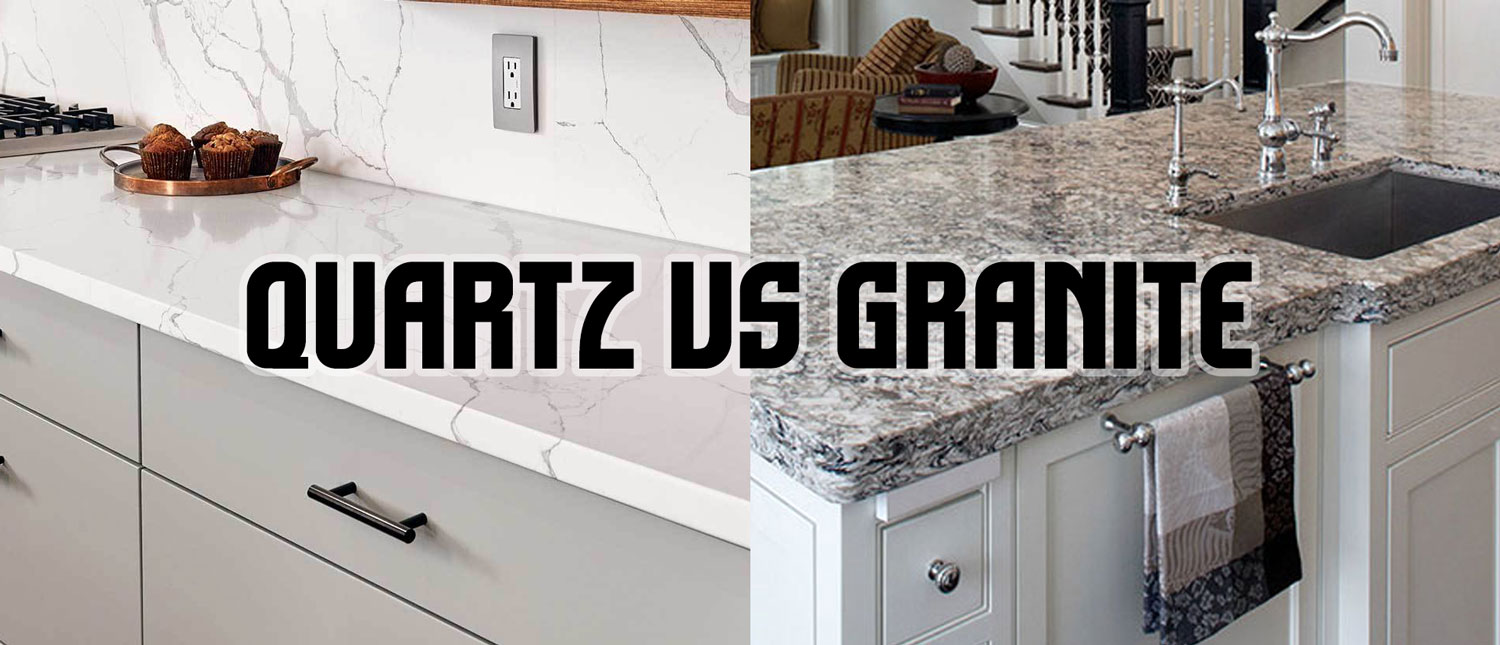 One of the biggest advantages of choosing a quartz composite kitchen sink is the design flexibility it offers.
Unlike granite sinks, which are only available in natural stone colors, quartz composite sinks come in a wide range of colors and patterns to suit any kitchen design.
This allows homeowners to choose a sink that complements their existing kitchen aesthetic or use it as a focal point to add a pop of color or texture. The versatility of quartz composite sinks makes them a popular choice among interior designers and homeowners alike.
In conclusion, while granite sinks may have been the go-to choice for kitchen sinks in the past,
quartz composite sinks offer enhanced durability, low maintenance, and design flexibility, making them a superior option for any modern kitchen.
With their combination of strength, style, and practicality, it's no wonder that quartz composite sinks have become a top choice for homeowners looking to elevate their kitchen design.
One of the biggest advantages of choosing a quartz composite kitchen sink is the design flexibility it offers.
Unlike granite sinks, which are only available in natural stone colors, quartz composite sinks come in a wide range of colors and patterns to suit any kitchen design.
This allows homeowners to choose a sink that complements their existing kitchen aesthetic or use it as a focal point to add a pop of color or texture. The versatility of quartz composite sinks makes them a popular choice among interior designers and homeowners alike.
In conclusion, while granite sinks may have been the go-to choice for kitchen sinks in the past,
quartz composite sinks offer enhanced durability, low maintenance, and design flexibility, making them a superior option for any modern kitchen.
With their combination of strength, style, and practicality, it's no wonder that quartz composite sinks have become a top choice for homeowners looking to elevate their kitchen design.




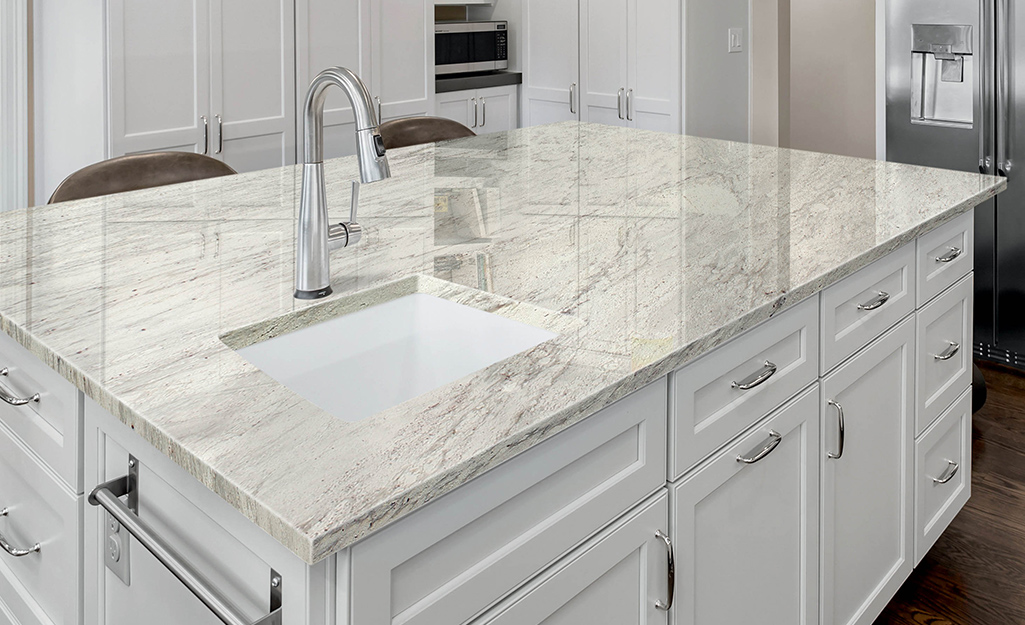
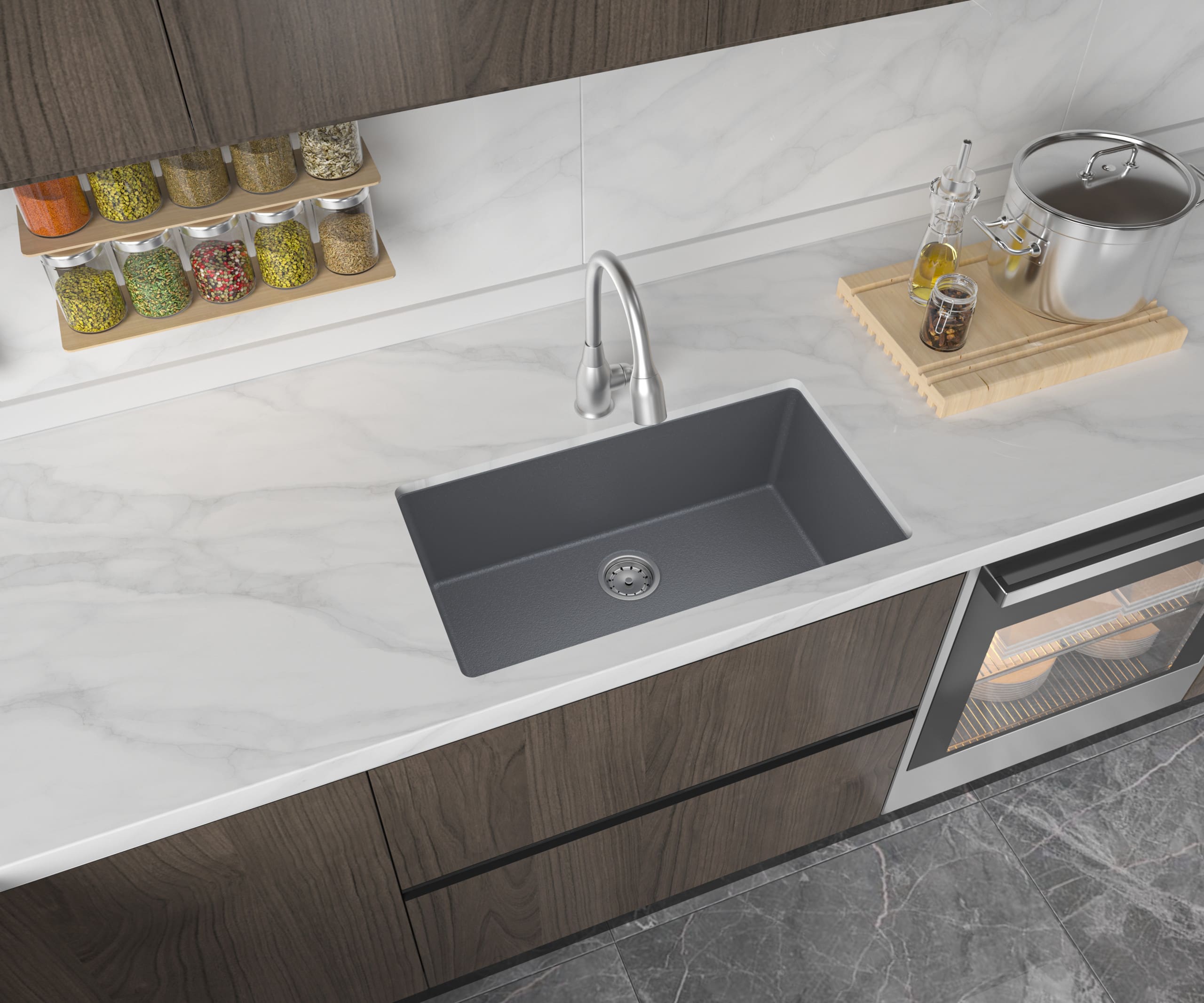
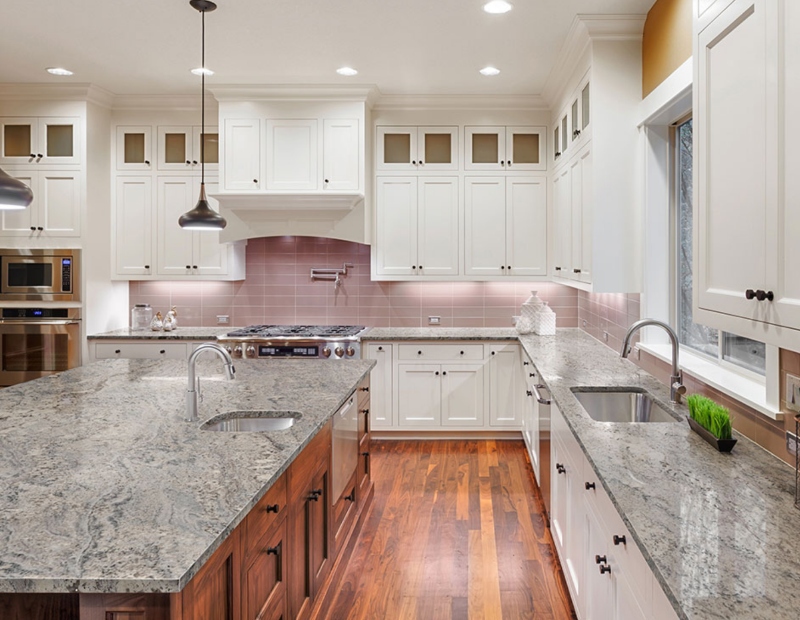

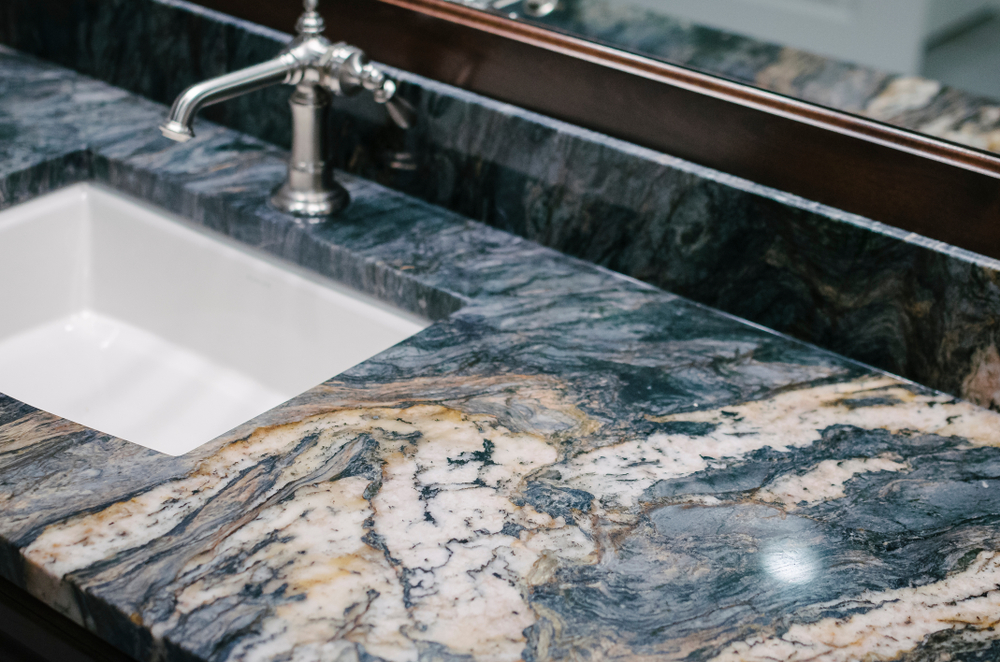



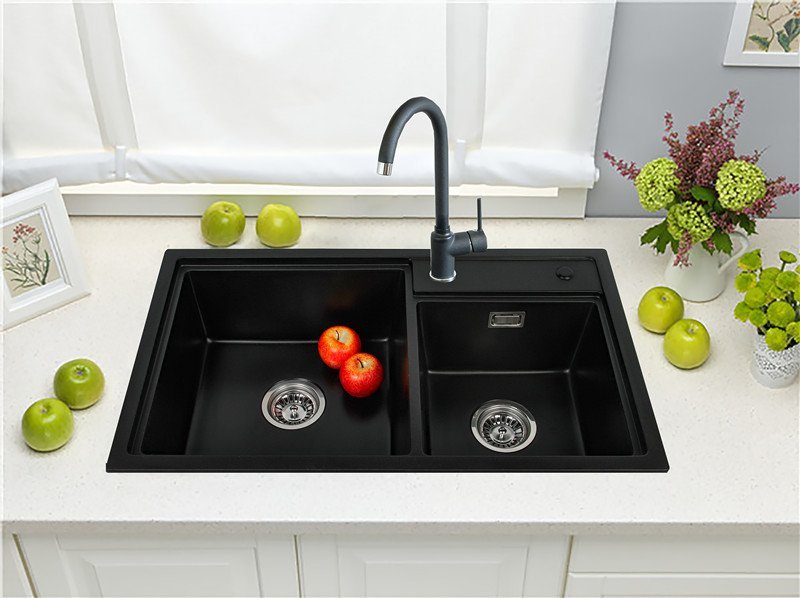

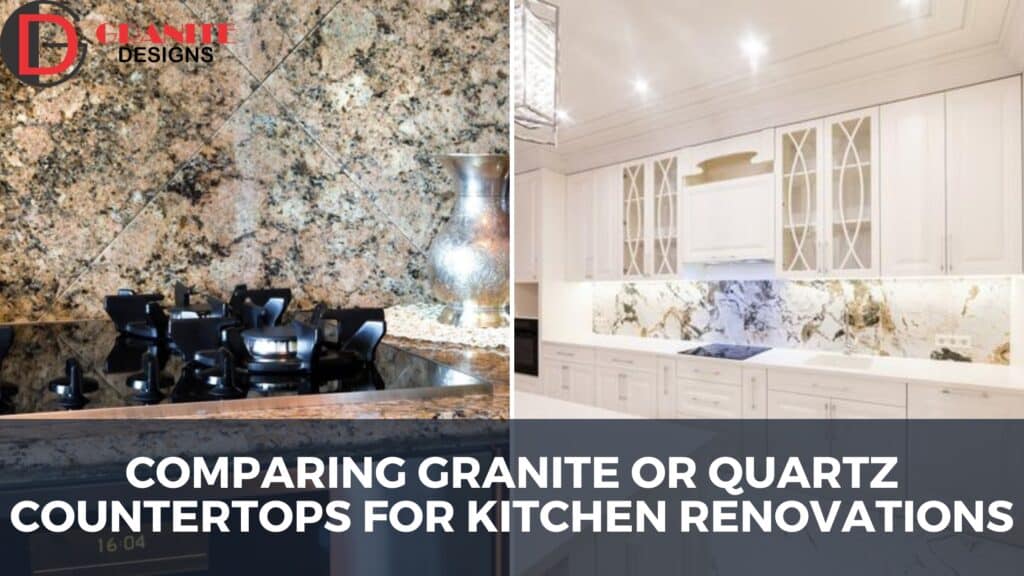



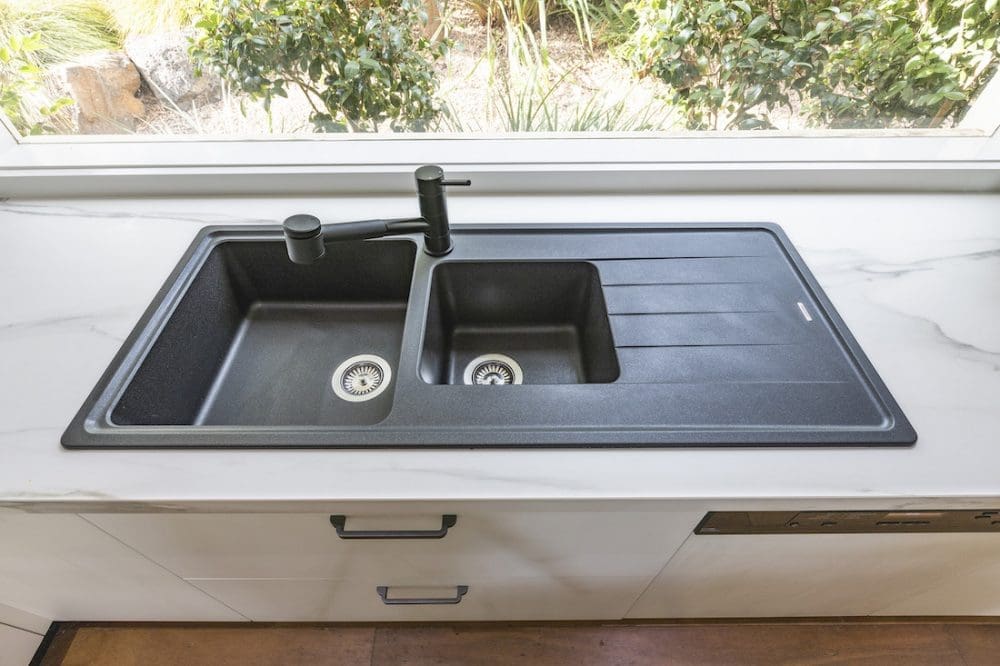



:max_bytes(150000):strip_icc()/quartz-vs-granite-countertops-1822078-v3-5ba95497c9e77c0050e2f0b6.jpg)






